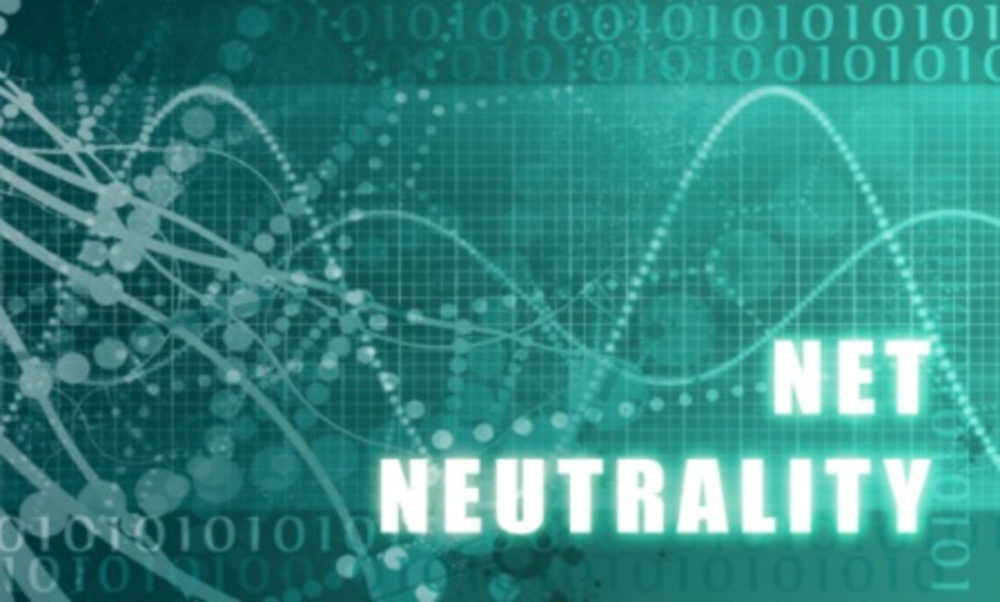On Tuesday, a Washington appeals court struck down the Federal Trade Commission’s rules about ‘net neutrality.’ What this means is the government cannot force internet service providers (ISPs) to give equal bandwidth to all the websites that are being accessed through them. Put simply, to make sure your website’s content is delivered faster than everybody else’s, you have to pay a premium.
What is net neutrality?
The notion of ‘net neutrality’ is that every website that is accessed through an ISP, such as Verizon Wireless or Comcast gets equal bandwidth and speed. However, the court ruled that ISPs couldn’t be forced to do that. In fact, they will now have an incentive to charge higher fees to websites looking to have faster access and content delivery. Services such as Netflix and Hulu would be forced to pay a premium, since they can’t afford the slow streaming of their content. Additionally, ISPs can arbitrarily choose to slow down the speed of any website they choose, such as that of competitors, or less than complimentary news outlets.
Who will this affect?
While the ruling is definitely a blow to internet freedom, it also has several implications for digital marketers. For one, digital advertisers can expect the higher cost of premium bandwidth to be passed back on to them. Let’s say you want your ads on Hulu. Hulu is currently paying a high fee to ensure hi-speed access of content, and conversely your advertising. That means Hulu gets to charge you higher rates for advertising on its network.
What happens to social media and branded content?
Most subscription based services could pass on that the extra bandwidth charge onto its end customers, but social media platforms would have no choice but to pass the charge on to advertisers, since its consumers access it for free. This means higher rates for social media display ads and promotional campaigns.
The big players in the media world can afford to pay the premiums to make sure their sites load at optimum speed on these ISPs. Organizations like Yahoo, NBC, LinkedIn can afford to pay for additional bandwidth. However, it would make it difficult for newer social media, and content websites to enter the playing field, unless they are willing to be subscription based.
Finally, the ruling will also make it difficult for brands to drive traffic to their own website. A large company like Coca-Cola can afford to pay for easy access to its Journey website, which is full of its own content. For lesser brands to get the same kind of bandwidth, it would be an uphill task to get that sort of marketing budget approved.





